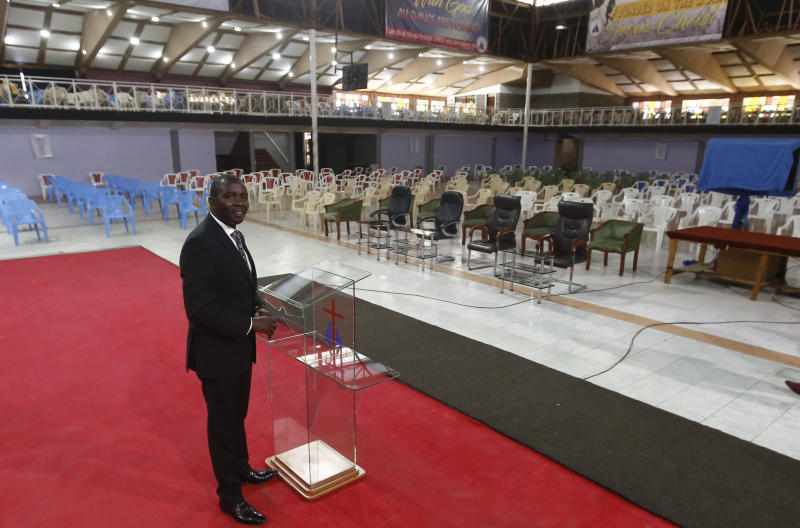×
The Standard e-Paper
Smart Minds Choose Us

The coronavirus outbreak, just like it has distrusted every facet of human life, has forced religious organisations to rethink ways of holding worship services, which typically involved people gathering in a confined space.
Today, just like it has been the tradition for the last one month, pews will be empty. This means empty coffers, salary cuts and consequently job losses. This is the reality churches are facing.